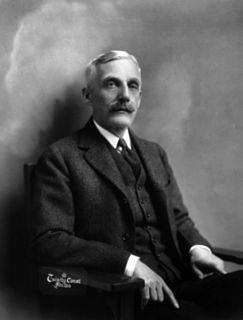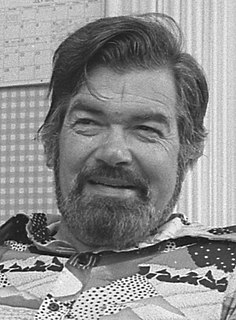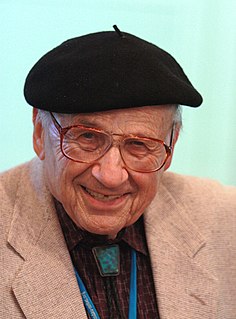A Quote by Edmund Burke
In effect, to follow, not to force the public inclination; to give a direction, a form, a technical dress, and a specific sanction, to the general sense of the community, is the true end of legislature.
Related Quotes
Philosophers feel a little more cautious about letting down their technical guard lest the general public doesn't recognize their special credentials. It's the fact that philosophy is of general interest that, paradoxically, keeps philosophers from wanting to speak in a way that's accessible to the general public.
The general public doesn't know and probably doesn't care about punctuated equilibria nor indeed should they, or the greenhouse effect on some other planet - they barely have the ability to cope with the greenhouse effect on their own planet. So I think you have to distinguish between the broad visibility of a scientist when he or she is speaking to a general public and trying to address general issues and the continued position that a scientist may have into the history of a particular subject.
The parts of a machine work with a maximum of cooperativeness for a common result, but they do not form a community. If, however, they were all cognizant of the common end and all interested in it so that they regulated their specific activity in view of it, then they would form a community. But this would involve communication. Each would have to know what the other was about and would have to have some way of keeping the other informed as to his own purpose and progress.
Equality is deemed by many a mere speculative chimera, which can never be reduced to practice. But if the abuse is inevitable, does it follow that we ought not to try at least to mitigate it? It is precisely because the force of things tends always to destroy equality that the force of the legislature must always tend to maintain it.
Most hierarchies are nowadays so cumbered with rules and traditions, and so bound in by public laws, that even high employees do not have to lead anyone anywhere, in the sense of pointing out the direction and setting the pace. They simply follow precedents, obey regulations, and move at the head of the crowd. Such employees lead only in the sense that the curved wooden figurehead leads the ship .
If we denote excitation as an end-effect by the sign plus (+), and inhibition as end-effect by the sign minus (-), such a reflex as the scratch-reflex can be termed a reflex of double-sign, for it develops excitatory end-effect and then inhibitory end-effect even during the duration of the exciting stimulus.
I am very much a scientist, and so I naturally have thought about religion also through the eyes of a scientist. When I do that, I see religion not denominationally, but in a more, let us say, deistic sense. I have been influence in my thinking by the writing of Einstein who has made remarks to the effect that when he contemplated the world he sensed an underlying Force much greater than any human force. I feel very much the same. There is a sense of awe, a sense of reverence, and a sense of great mystery.











































